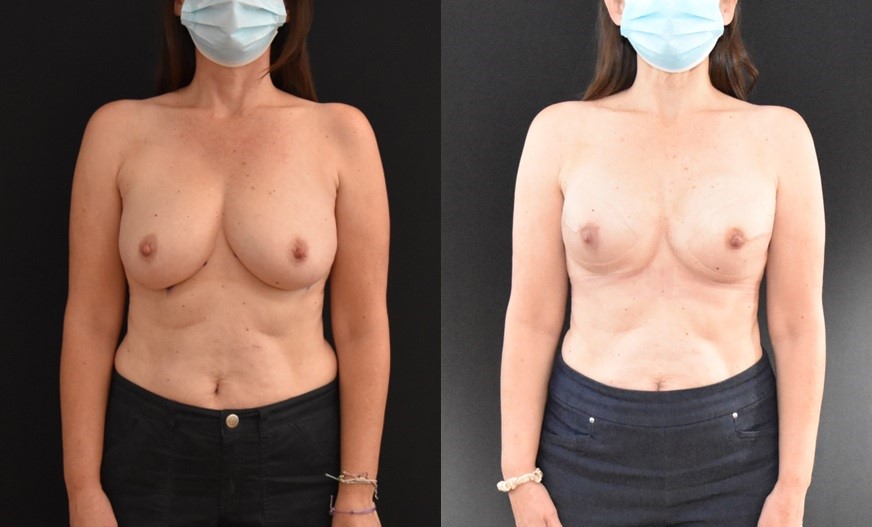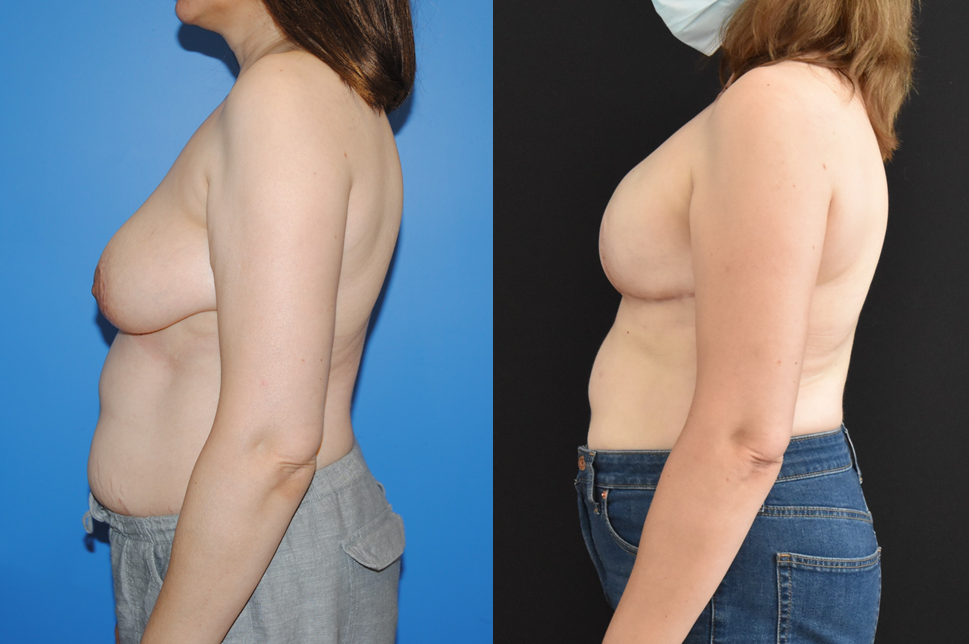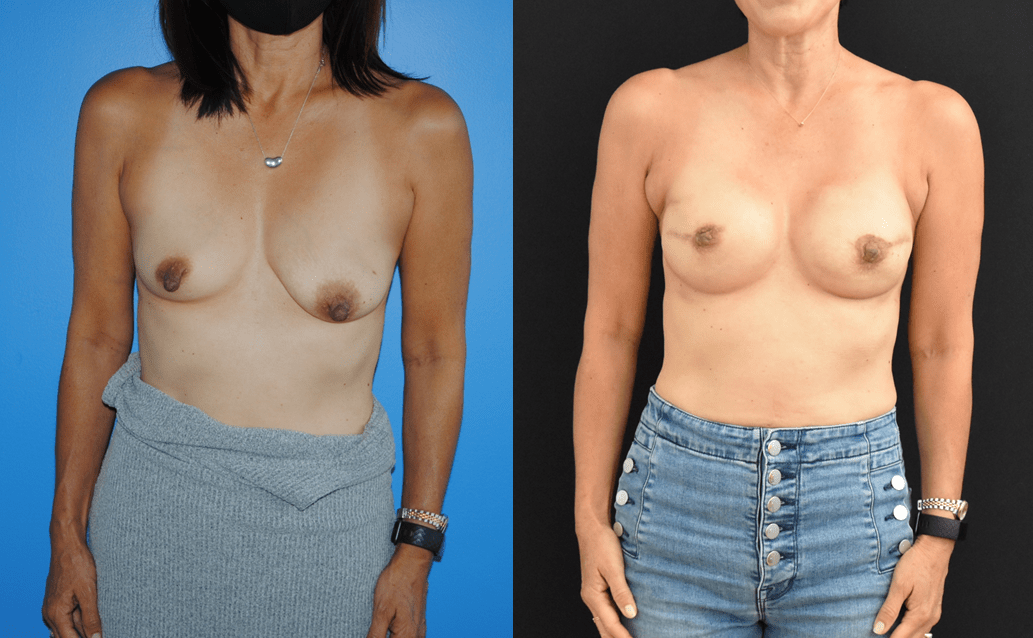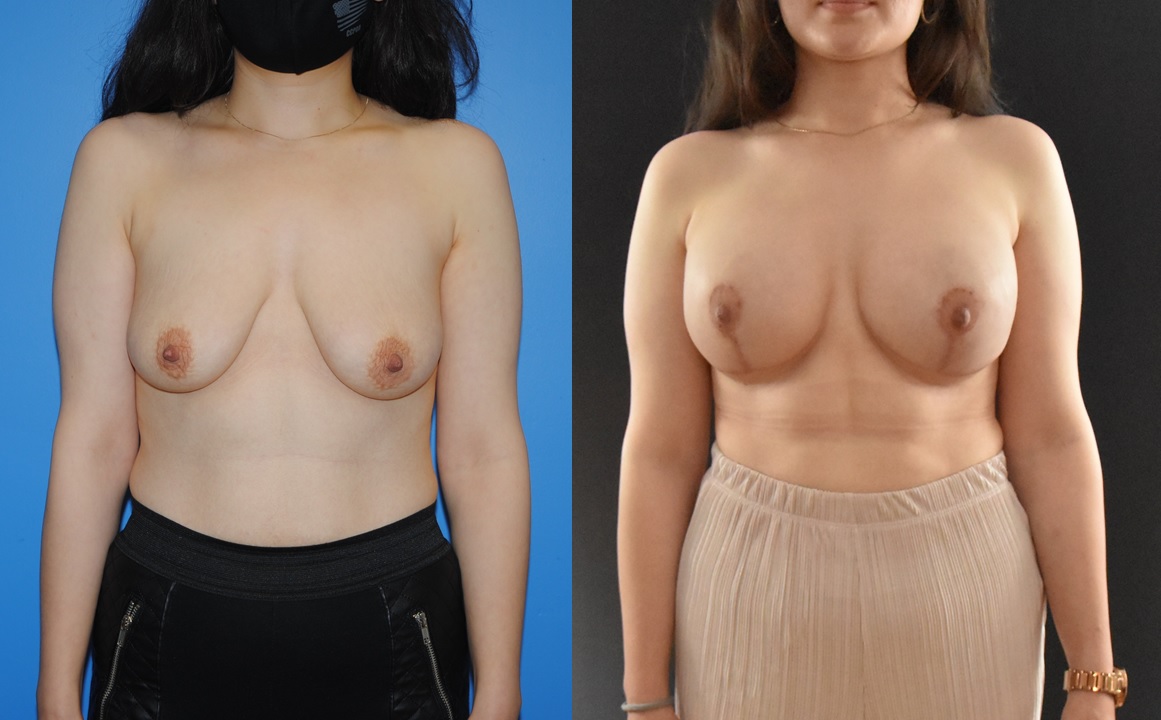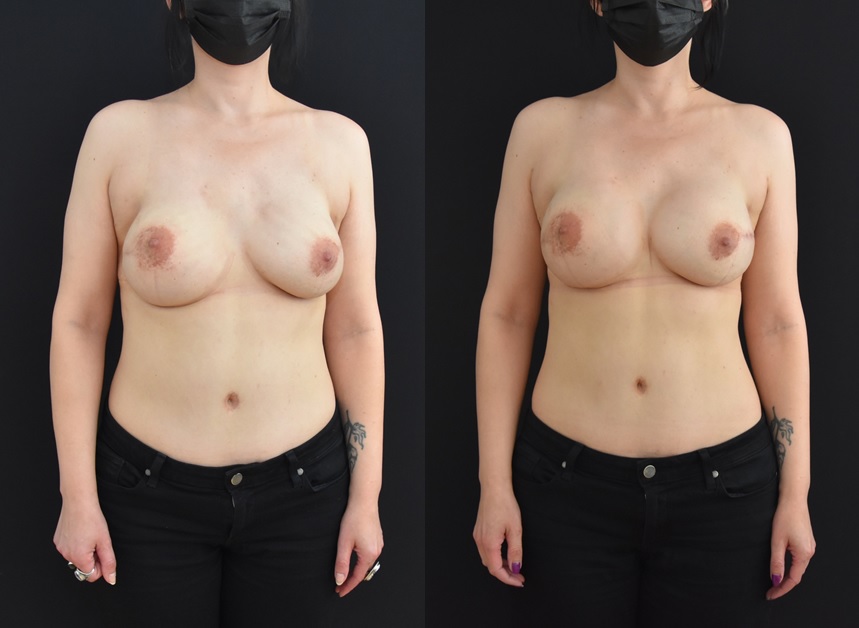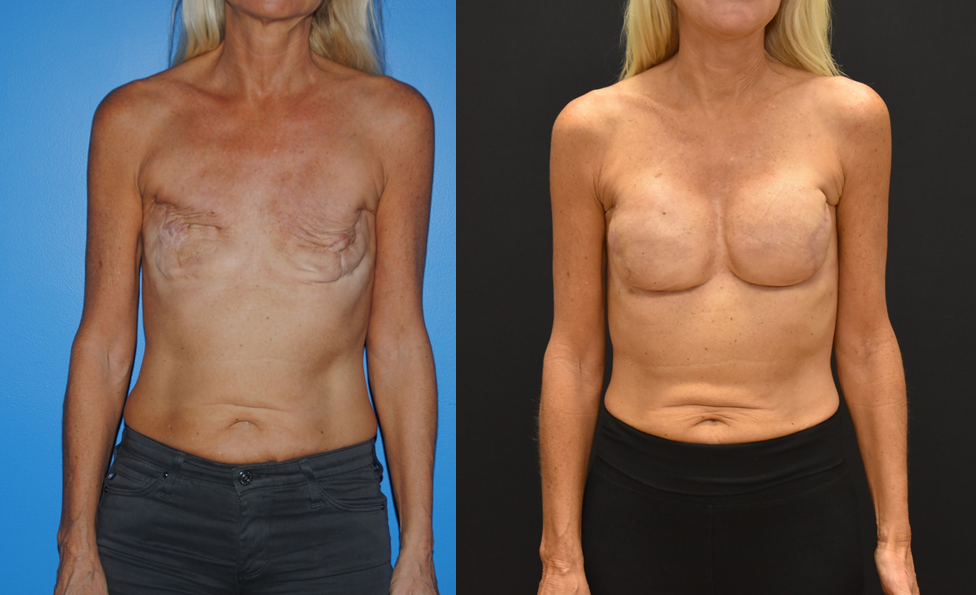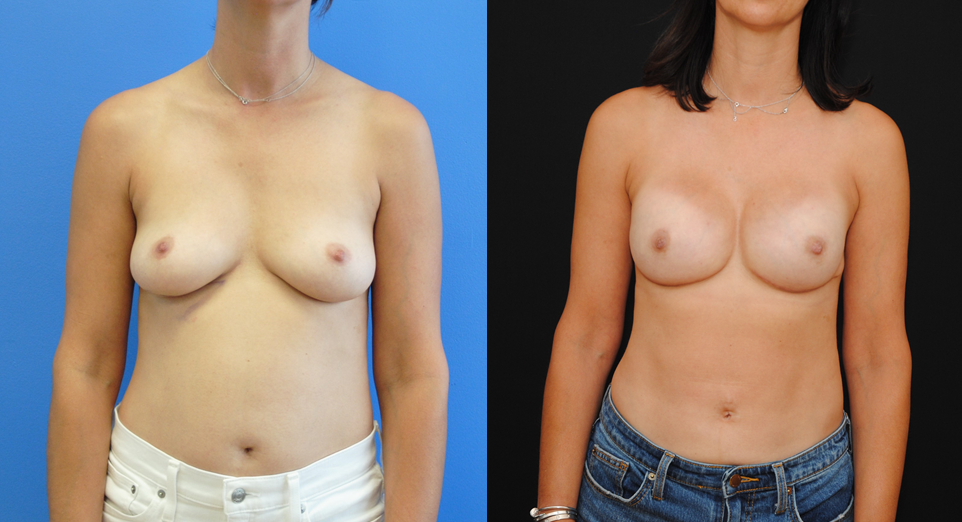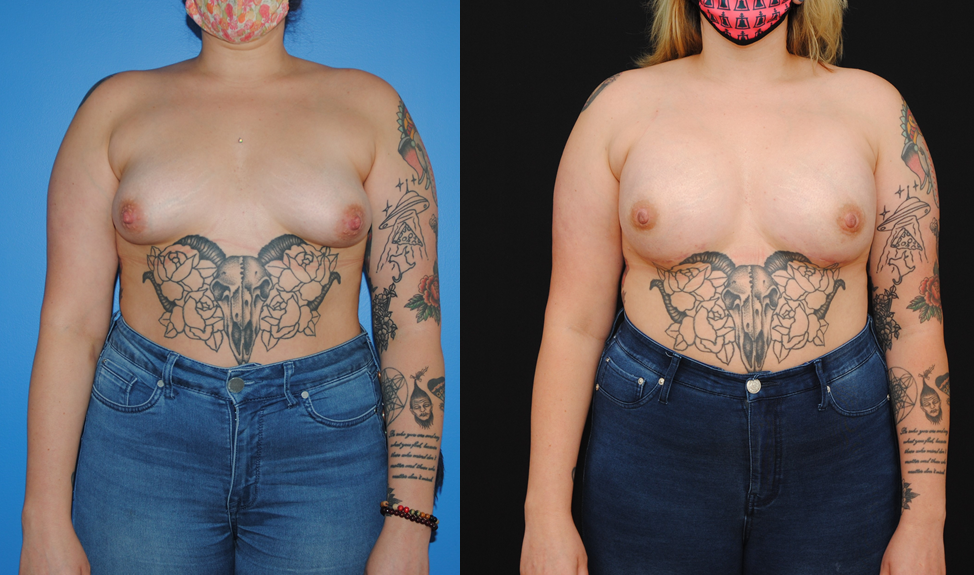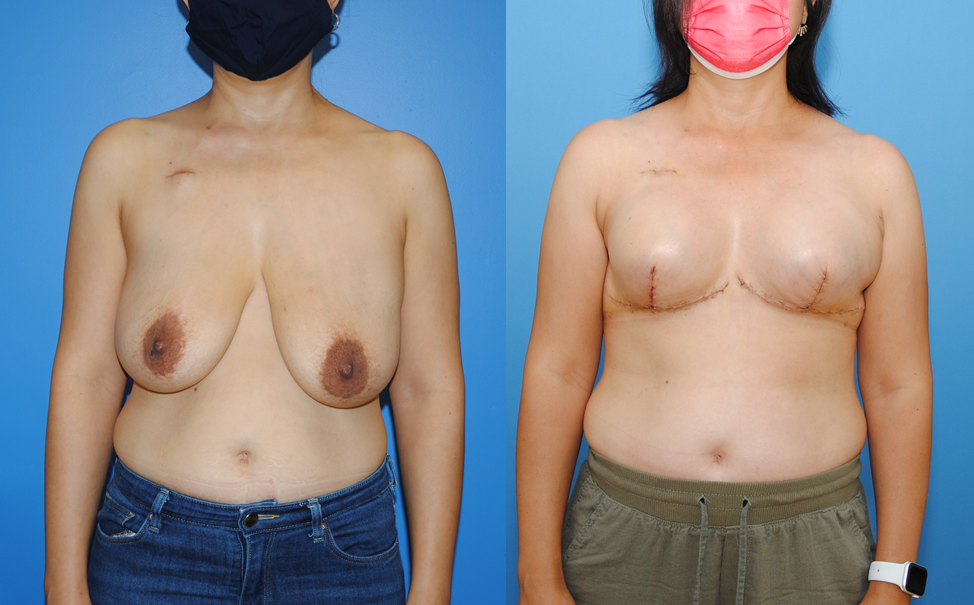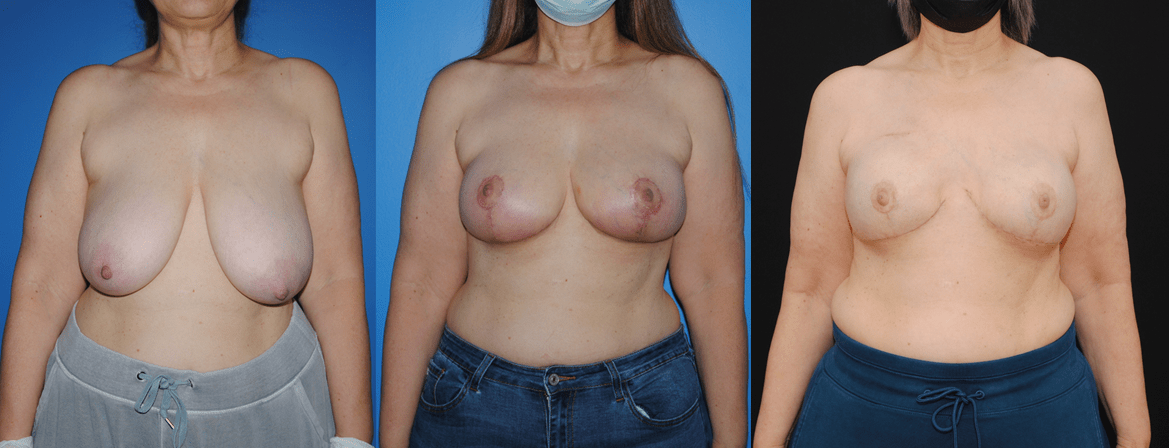There are many patients who choose to undergo bilateral mastectomy for breast cancer or prophylactically to prevent cancer when patients have a genetic predisposition. In patients who are not going to receive radiation the breast is amenable to reconstruction with tissue expanders and implants. The tissue expander is placed at the time of the mastectomy and only a small amount…
